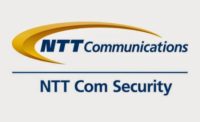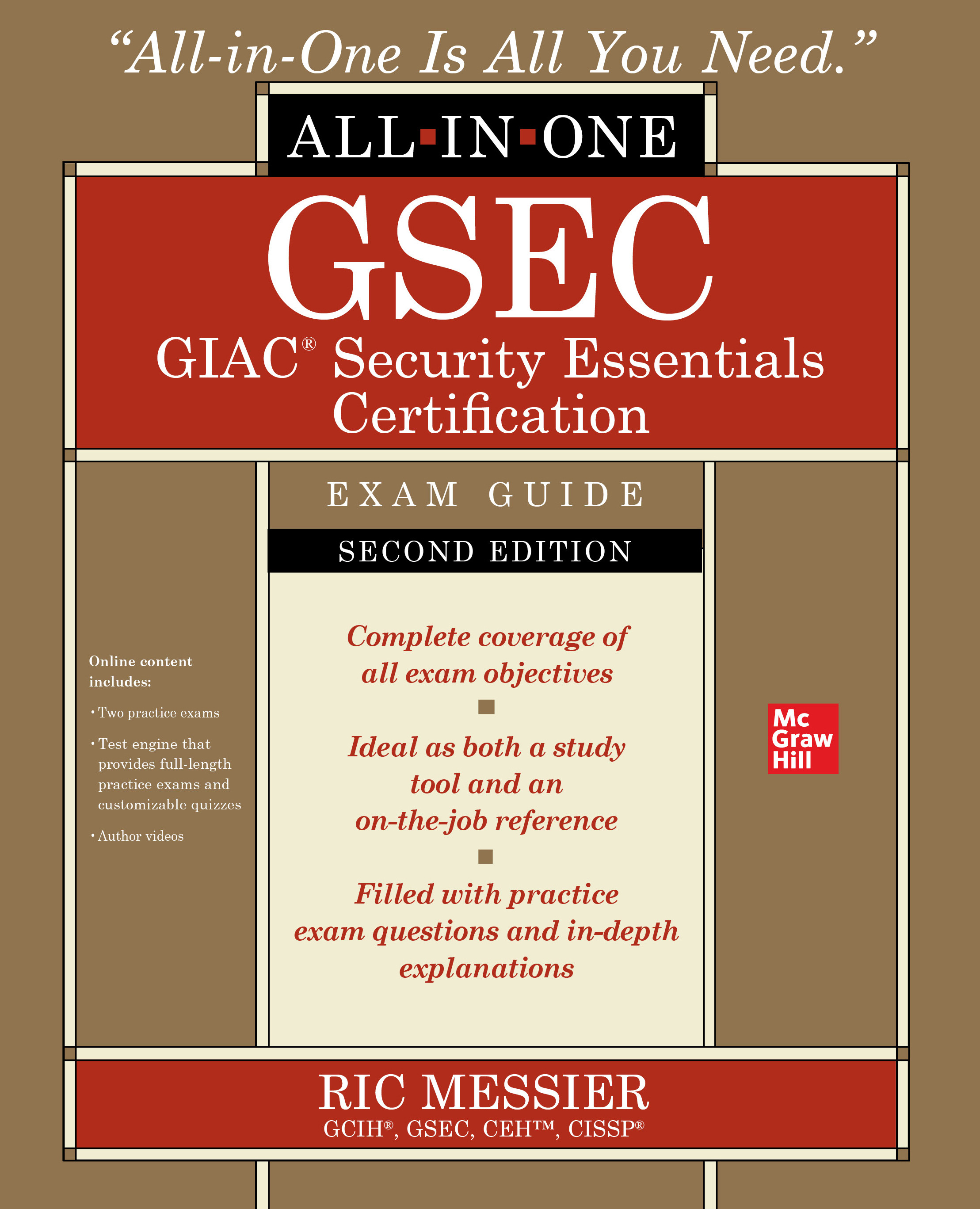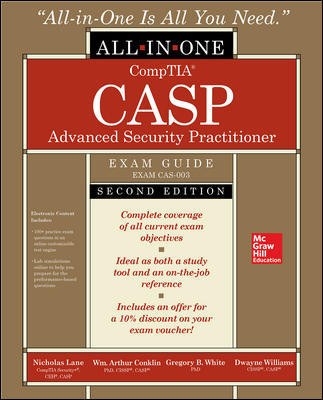7 Tips to Succeed in Managed Services

PSA TEC, held in March in Denver, had plenty of advice to offer security integrators on how to set up their business for managed services success. Here are some of the best tips and tricks gleaned from the various seminars on the topic:
-
Start small, but do it quickly. Integrator Gannon Switzer, president of KST, was an early adopter of managed services and shared some lessons his company learned in the process. “If you are going to change the direction of your company you have to have a person in your organization that is going to champion it, take it on as their passion and drive it in your organization,” he said. “We had to look at a phased approach and that is where we found our biggest success.”
Bill Bozeman, president and CEO of PSA, was pleasantly surprised at the level of interest he saw from integrators at many of the managed services sessions. He had this advice for those just starting out: “We are not suggesting you abandon your current business model. Set a goal of, say, 20 percent of your revenue to be contracted in the next 18-24 months. Even if it is only five or 10 percent, just roll that book out as quick as you can.”
- Think outside of the box. Managed services can be almost anything the customer finds value in. John E. Mack II, co-head of investment banking and head of M&A for Imperial Capital talked about the SIA Megatrends list, the top 10 of which included cyber security, IoT and big data, cloud computing, workforce development, artificial intelligence, emphasis on data privacy, move to service models, security integrated in smart environments, advanced digital identities and the impact of consumer electronic companies. “I would argue many of the things listed near the top are all managed services activities, like cyber, cloud computing, etc.,” he said. “We all see managed service models everywhere you turn. You probably took an Uber to get here. … It is not hard to come up with the value propositions to the customer if it is done correctly.”
-
Understand the value for your company. Mack also mentioned a couple of security industry players having good success with managed services models, including Alarm.com and Brivo. “When Alarm.com got in around 2003 one of their biggest competitors was Control4, who wanted to avoid the RMR model. Fast forward and Control4 has done well, and is valued at one times revenue. But Alarm.com today is valued at about $3 billion with 7 times revenue.
“Brivo was one of the pioneers of access as a service,” he said. “They have hung in there for a long time. The first 10 years was pretty tough. But in the last five years they are absolutely killing it and are one of the most successful businesses we have been involved with.”
The bottom line, he said, is that market adoption is growing in the neighborhood of 16 percent to 18 percent, with the leading players well ahead of that pace.
-
Don’t get in over your head. Mack also cautioned about getting into debt. “It is stunning to see how much debt the model will support,” he said, adding that, in his opinion, the alarm industry has gone a little too far in its quest to create customers. “We call that irrational exuberance and we have seen alarm companies that … have started spending more and more to create customers and they borrowed more and more money. That is not what you want to do.
“You can build it with a small level of investment. There are great examples in the managed services space outside of the alarm industry. Maybe one of the biggest things to take away is there are balance sheet implications to putting in a managed services program, so figure out how much you can afford to invest. I am here to tell you it is not the goal to go into debt to do it. You don’t have to be overly subsidized if it is properly sold. Good commercial alarm dealers invest 15-20 times to break even. … It is a great opportunity; but be careful about how much you are investing and bringing down your business to get there.”
-
Get your Salespeople On Board. According to Chris Peterson, principal, speaker and consultant with Vector Firm, the number one reason companies don’t do well when rolling out a managed services offering is that the salespeople aren’t selling it. “Regardless of how you pay them, it is because they don’t have to. They will always default to what is comfortable for them, to the easiest and the most traditional.” Peterson suggested training salespeople to ask the right questions. “Are they asking customers questions like, ‘What kind of panels do you use?’ or are they asking the nitty gritty questions like, ‘How much do you spend?’ ‘Do you have encryption between the panel and the server?’ If they don’t have to they don’t want to introduce controversy.”
Switzer was surprised at the time it took his company to get buy-in from sales. “You need to figure out a comp plan, because sales wants to know how they are getting paid. Then you are going to have to dedicate time to train and train again. And again. We thought, a couple meetings and we’ll be rolling. A couple of years on and now we are starting to roll.”
For Switzer’s company it was very much a “teaching old dogs new tricks” exercise, he added. One thing that helped for them was a fast-track compensation plan designed to get things moving quickly. “We made the decision to compensate them highly on the contracts they brought in, paying 15 percent of the value when they turned it in, up front. All of a sudden their customers started finding money [for RMR-based systems]. We had a huge increase in RMR in the first year — 600 percent. Then it dipped because we had gone into all our existing customers.”
While the plan they started with was designed to drive sales behavior, Switzer said the compensation plan did change over time. “As we built it up we moved to a more lifetime annuity.”
- Manage Your Billing. Brivo’s vice president of dealer development, Kelly Bond advised integrators to make sure they properly manage the billing aspect of RMR. “We discourage billing monthly, even though it is a monthly RMR. It is best to automate billing. A quarterly cycle worked well in the alarm world. Bill in advance of the services you offer and send bills out 30 days prior to the start of the service period.”
-
Don’t be Afraid of it. While many security integrators are just starting to figure out how (or if) they want to approach offering managed services, Chuck Wilson, executive director of the National Systems Contractors Association (NSCA), had this encouraging advice to offer, particularly looking at the AV world, where average recurring revenue is just about 12 percent of overall revenue: “We are seeing companies who have a strong foundation in recurring revenue do very well. Others are scared to death they can’t deliver. … The security industry has a big head start on the whole managed services concept with fire and test/inspect. The mission critical nature has elevated it compared to the AV world.”
Bozeman was realistic about the challenges ahead for integrators, but stressed the importance of meeting these challenges head on. “This is going to happen and it is going to impact you. I have seen four major paradigm shifts: going from tape dialer to digital; going from analog to digital video; cyber security; and now this. … If you choose not to go this direction, it is imperative that you at least understand what your competitors are going to do. It is important to understand the model, even if you choose not to do it.”
Looking for a reprint of this article?
From high-res PDFs to custom plaques, order your copy today!









